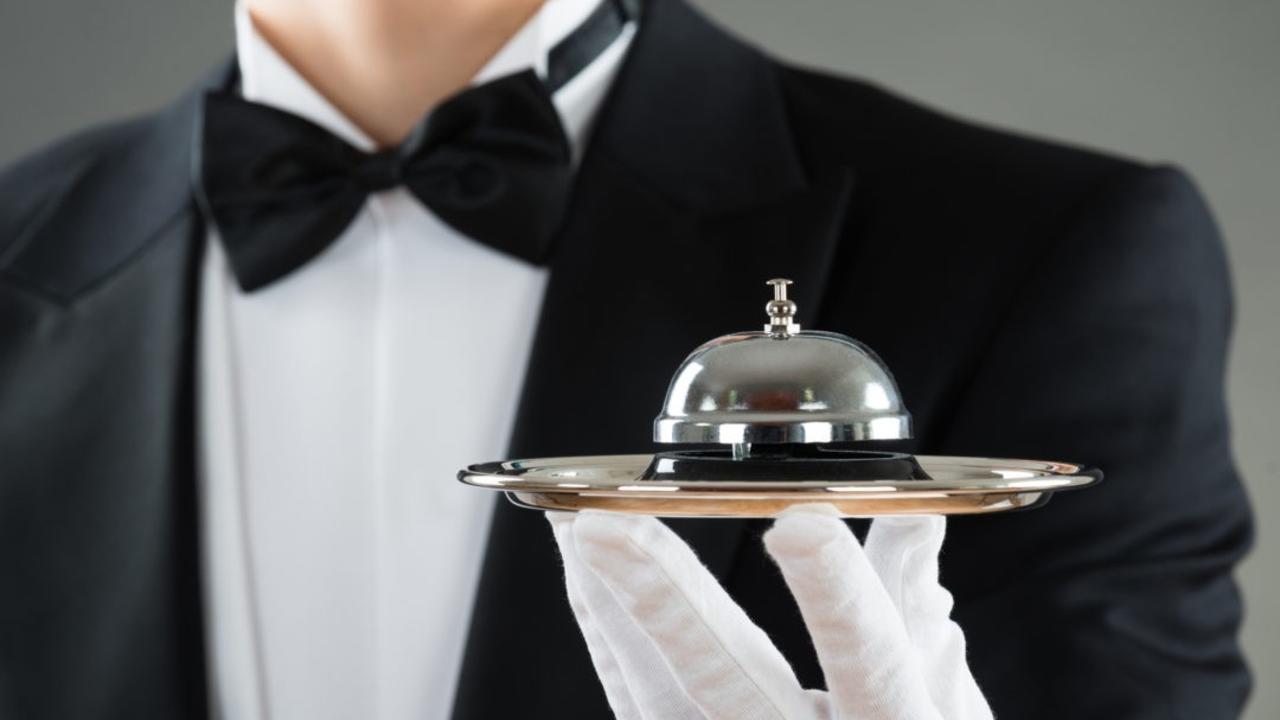5 Lessons in Customer Service from Hotel Butlers
Mar 28, 2018
Good customer service is an essential ingredient in the success of your business. In order to keep our customers coming back, we have to provide them with a fulfilling experience – one that makes them feel they are better off when they leave than when they came in.
And good customer service might not be such an elusive concept. It might be as easy as being nice to people – offering them a smile and your full attention instead of just a passing hello. But sometimes that’s not going to be enough. You’re going to need more.
When that happens, remember these 5 indispensable lessons from the masters of customer service: hotel butlers.
1. Every customer is a VIP.
When writer Brandon Presser went incognito as a butler at NYC’s Plaza Hotel, he discovered that it’s “a matter of corporate philosophy” that every guest should always feel like a VIP.
This is hardly an alien concept for us small business owners. We know the importance of treating customers with respect, addressing their concerns, and catering to their needs. After all, as Sam Walton once said, “There’s only one boss – the customer. He can fire everybody… simply by spending his money elsewhere.”
But, according to Plaza butlers, there are some VIPs who are more “very important” than others. And just as some hotel guests – heads of state and royalty, for instance – are higher priority than others, some of your customers may be more valuable to your business.
So, prioritize. If you can’t make everyone happy – despite your best efforts – see to your $10 million customers before you see to your $10,000 customer.
2. The customer is not always right.
That age-old mantra “the customer is always right” has ruled customer service for eons. And it will probably continue to do so for years to come. But butlers document everything with a pocket camera for a darn good reason.
A hotel guest will raid the mini bar, dispute the bill, and post one-star reviews online. Despite your best efforts, sometimes a customer just won’t like you. And when they take to Yelp or Google Reviews to trash your company, you’re allowed to dispute them.
Always assume the customer is right. But if they’re wrong – and you know they’re wrong – don’t bend to their will at the expense of your business and reputation.
3. Stick to your guns.
Company policy is important. The rules you set for your employees and your customers are put in place to make everyone’s experience better. Your set principles are a belief system that defines who you are as a company.
At the Plaza, the easiest way to get banned is to violate their anti-discrimination policy. Guests who mistreat staff because of their race, gender, age, or religion are quickly refused service by hotel management. And it does happen – the hotel’s one female butler, who manages the entire butler team, reported multiple instances of sexism to Presser.
It may be tough to enforce your policy. But if a client – even if they’re your biggest money-maker – violates the rules which guide your company, it’s going to be better, in the long run, to maintain your company identity and stick to your guns.
If the Plaza can ban a star like Charlie Sheen for trashing a room, you can dump a customer for being rude or inappropriate to your staff.
4. Hard work pays off…sometimes.
After all the crazy requests that roll in daily at the Plaza, from delivering IV fluid to retrieving lost blueberries, it’s the $8,000 dollar tip that makes it all worth it.
A customer who really appreciates your hard work – and sees that you were willing to go the extra mile to make them happy – will likely be willing to pay more for your services, now and in the future. There’s no guarantee that hard work will always be appreciated, but you’ll never know unless you do the work.
5. Solve your customer like a problem.
I’m not saying your customer is a problem. I’m saying: approach customer service the way you would approach a significant issue in your business.
Listen to what the customer wants, and what they’re saying. Give them your full attention at all times, and communicate clearly with them. Butler trainer Charles MacPherson says that customer service is about “building a genuine and attentive rapport” with the client.
And when you figure out the solution to the problem, act on it. If you make a mistake – if, for instance, a waiter brings the wrong dish to a table – fix it. Don’t just apologize for the mix-up, but actively work to correct the mistake and attend to the customer’s needs. After all, actions speak louder than words. Cliché, but true.
Questions to consider:
- Have you ever followed the adage “the customer is always right” to the extent that you damaged your own business?
- When you have a customer complaint, do you work to resolve the issue with actions, or just apologize?
- Have you ever let a customer overrule your company principles? Would it have been better to value the principles over the customer?


